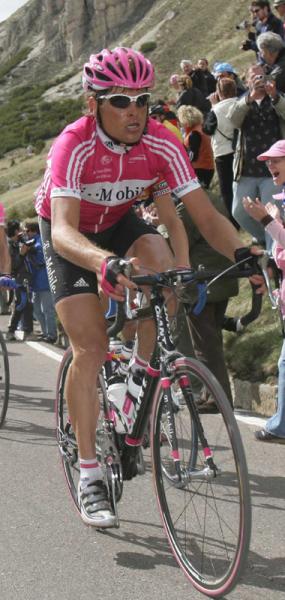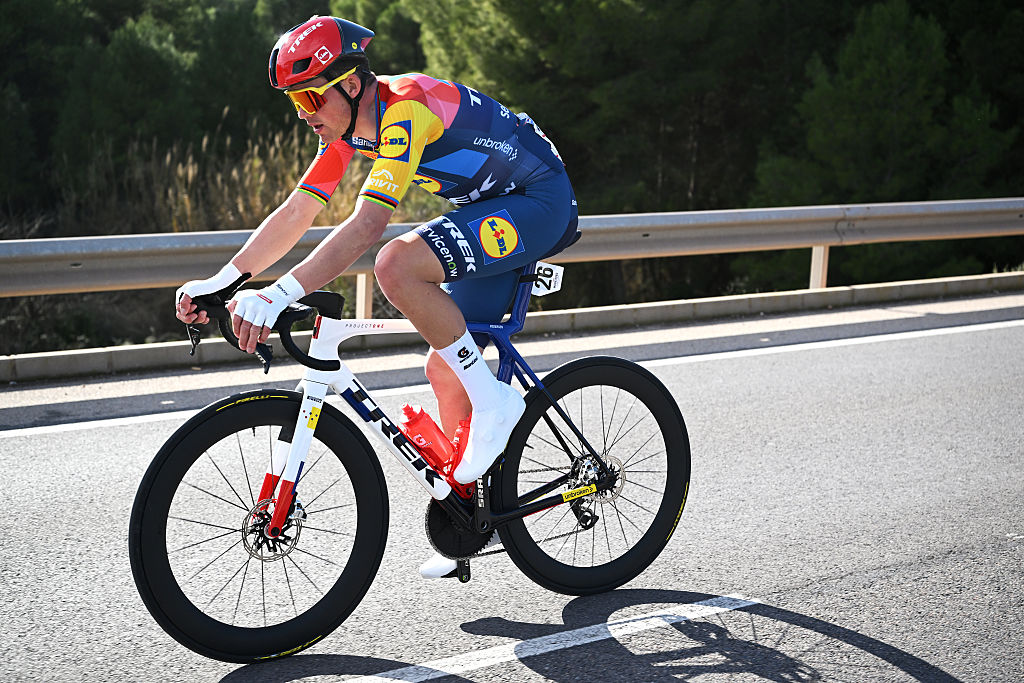Ullrich set to keep Olympic medals
IOC head says Olympics will continue to support cycling and the UCI
The latest race content, interviews, features, reviews and expert buying guides, direct to your inbox!
You are now subscribed
Your newsletter sign-up was successful

Jan Ullrich is likely to keep his medals from the 2000 Olympic Games in Sydney, according to Jacques Rogge, head of the International Olympic Committee. The IOC is investigating stories of his use of doping, but so far has no conclusive evidence to take action against the German. Rogge also said that the IOC will continue to support cycling and the International Cycling Union (UCI).
Ullrich won the gold medal in the road race and silver in the individual time trial at the 2000 Olympic Games.
Interviewed in the German news magazine Die Welt, Rogge said that the IOC has studied not only the report from the Freiburg University Clinic Commission but has also received over 2000 pages of documents from the German Bundeskriminalamt (Federal Police). These latter documents must still be translated from German, so that the IOC's Disciplinary Committee can study them, which is expected to happen before the Winter Games in Vancouver, February 12-28.
In the meantime, German-reading IOC employees have looked at the documents with the result that “we couldn't find any traces of really solid evidence. But we will stay on the matter. You need evidence to be able to convict someone.”
Ullrich was suspended and later fired from T-Mobile in 2006 for his involvement with Operacion Puerto. He announced his retirement from the sport in February 2007, and that same year, DNA testing matched him to blood taken into custody during the Operacion Puerto.
Rogge acknowledged that Ullrich had been linked with Dr. Eufemiano Fuentes, but said that “from the sport side we have no evidence that is strong enough – nothing that we could call a smoking gun.” The only positive test in Ullrich's career was for out-of-competition amphetamine use, for which he was suspended in 2002.
“There are no reports of possession of drugs or doping preparations. There is much speculation but in the end, you can suspend someone only with conclusive evidence.”
The latest race content, interviews, features, reviews and expert buying guides, direct to your inbox!
He said that, “cycling has a doping problem. There is no doubt about that. There are two reasons for it: the number of races and the fact that cycling is possibly the hardest endurance sport there is.”
However Rogge supported the UCI in its fight against doping “As long as a federation really undertakes a maximum of measures against doping, we must support them. And we have to protect the clean athletes.”
The UCI conducts the third most doping controls in sports, 13,000 to 15,000 a year. The football federation FIFA conducts the most (26,000 to 33,000), followed by track and field with 20,000 to 22,000.
